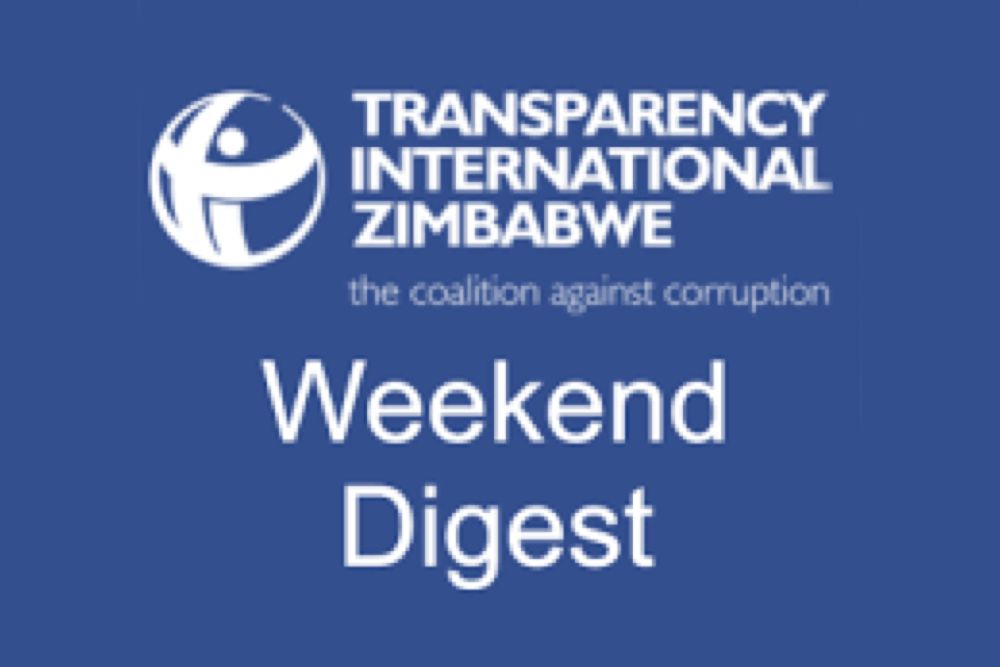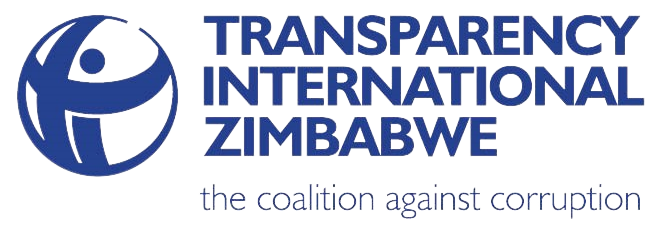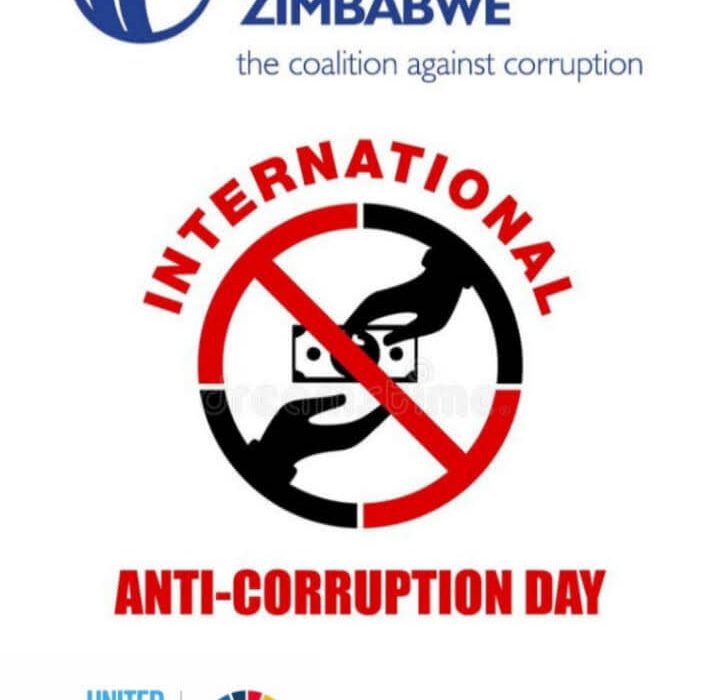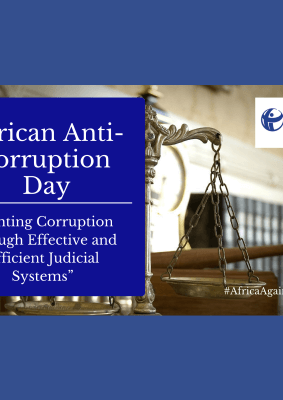
Gender and Corruption in Zimbabwe: Debates and policy options
October 30, 2020
International Anti-Corruption Day (IACD) Commemorations 2021
January 15, 2022Harare, 9 December 2020.
Transparency International Zimbabwe (TI Z) and the African Parliamentarians Network Against Corruption (APNAC) Zimbabwe Chapter join the rest of the world in commemorating the 2020 International Anti-Corruption Day, under the theme United Against Corruption. The Global commemorations are coming against a backdrop of social and economic impacts of corruption in Zimbabwe. The Commemorations are therefore aimed at raising public awareness about these socio-economic effects of corruption and encourage participation of stakeholders in the fight against the scourge of corruption. Additionally, it is a reflective moment for all stakeholders to take stock of the progress made towards the anti-corruption agenda globally and Zimbabwe in particular. Corruption continues to be one of the governance challenges in Zimbabwe. This is despite the existence of robust legal, policy and institutional frameworks including Prevention of Corruption Act [Chapter 9:16] and the recently launched National Anti-Corruption Strategy (NACS) 2020-2024.
Evidently, corruption is entrenched in the political and socio-economic spheres, and it is increasingly becoming a cultural attribute in public and private sectors. COVID-19 brought to light the rot in the public sector especially in the health sector, a case in point being that of the DRAX Scandal. Consequently, government’s failure to curb corruption results in skewed service delivery and exclusion of vulnerable and minority groups in development processes.
TI Z and APNAC, Zimbabwe Chapter underscore the fact that corruption tears down the social fabric and negates any progressive efforts in realising development initiatives such as Sustainable Development Goals. Therefore, all stakeholders, public and private, should collectively respond to the call for collective action against corruption in Zimbabwe.
Transparency and accountability remain key principles of good governance and both TI Z and APNAC Zimbabwe have been making clarion calls for government to uphold these two key pillars of good governance. However, we would like to acknowledge the development and implementation of the National Anti-Corruption Strategy which places emphasis on strong institutions to promote good governance.
Citizens remain key stakeholders in the fight against corruption. Nevertheless, for them to play an active role, they require protection both at law and in practice. To this end, the government must guarantee the protection of whistle-blowers through the enactment of a Whistle-blower Protection Legislation consistent with Article 33 of the United Nations Convention Against Corruption (UNCAC) on protection of reporting persons which Zimbabwe is a signatory to.
We therefore implore all law enforcement agencies to cooperate in the fight against corruption. This enjoins law enforcement agencies to effectively handle corruption cases to enable the National Prosecuting Authority (NPA) and courts of law to act upon the cases in a timely and effective manner. Responsible anti-corruption state agencies must cultivate a culture of impartial investigation of corruption cases to restore public confidence and trust in the government’ anti-corruption efforts. Additionally, TIZ and APNAC Zimbabwe Chapter implores the generality of citizens to join hands in the fight against corruption without fear or favour towards restoring the country’s dignity.
“Together we can end the scourge of corruption.”




